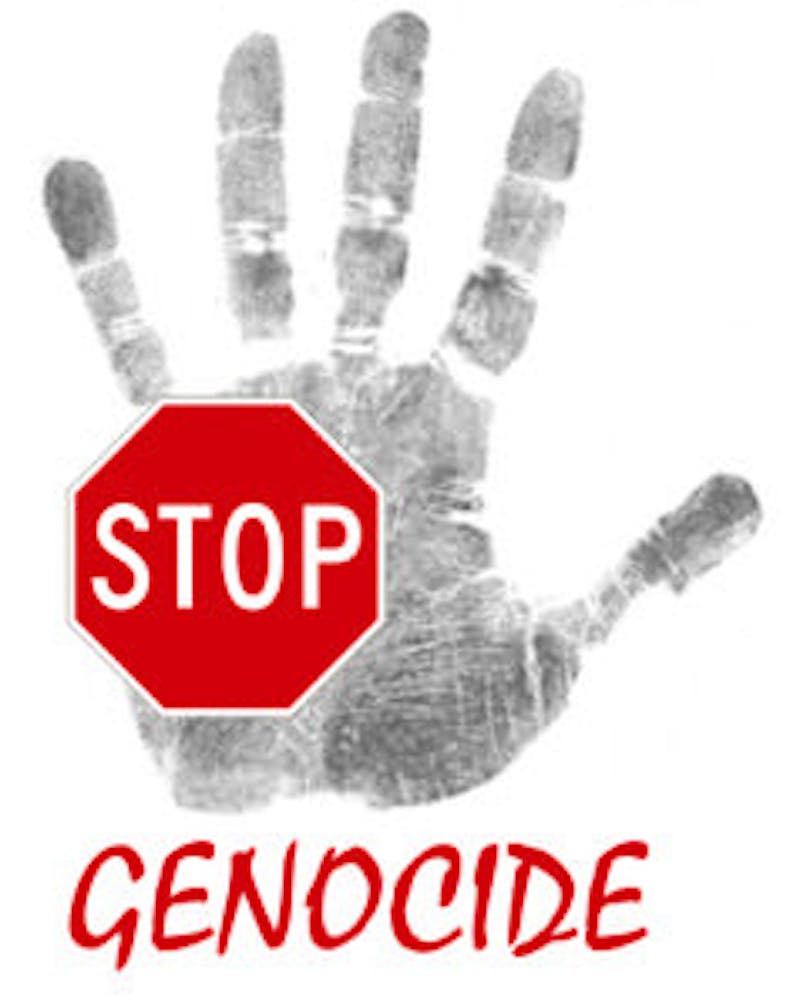
Over 200 genocide survivors will be receiving free plastic surgery as part of a ten day program called the 2013 Rotary Medical Mission to Rwanda for Plastic Surgery at the University teaching hospital of Kigali (CHUK).
The plastic surgery mission was organized by the Government of Rwanda in partnership with the Rotary International and the Rotarians from Rwanda and Indian Rotary clubs. The program will benefit hundreds of victims whose bodies have been disfigured from the genocide attacks.
Dr. Théobald Hategekimana, CHUK director, explained at an official mission luncheon that the program was advocated by Assistance Fund for Genocide Survivors (FARG) and Genocide Widows Association (AVEGA).
“This is a great initiative since the country is in shortage of specialists in plastic surgery because we have only one specialist in this domain,” said the director.
There are over 3,000 genocide survivors in Rwanda who are in need of plastic surgery, but only around 200 will be able to receive treatment this year. But with such a large number of genocide victims, who chooses the beneficiaries for the surgeries?
According to Hategekimana, it’s up to local leaders in Rwanda. In order to be selected, hopefuls must present FARG documents as a testament that they were genocide survivors and must also provide a health insurance card within 10 days of being selected for the program.
Though appreciative of the effort, the survivors are a little wary of the stipulations required prior to being admitted into the plastic surgery program, and many say they were not informed of what they needed to bring with them.
“We were only selected and told that we have to show up here today. They did not tell us what we are supposed to bring”, said one of the beneficiaries, who worries that survivors may miss out on the ten day deadline.
But, as with all things, nothing is ever really free. If participants do not provide the necessary documentation in time, FARG officials say that if valid ‘genocide survivor vulnerability’ papers and a health insurance card are not provided, the survivor will not be admitted into surgery.
Those that will obtain the plastic surgery may be offered a number of procedures, including skin graphing for burn wounds, reconstructive surgery for the face and several others.
Hopefully the program will have a sufficient number of trained plastic surgeons on staff. It is imperative that anyone seeking any kind of cosmetic or reconstructive surgery consult with an experienced and highly skilled surgeon who knows what they are doing and who will ensure the patient’s individual needs, health and safety are prioritized. Far too many patients have had botched surgeries because their “doctors” were not certified, trained plastic surgeons.
Here at Shafer Plastic Surgery, NY plastic surgeon Dr. David Shafer and our staff wish the survivors the best of luck and applaud the government’s efforts to bring victims at least some semblance of peace following a life of immense pain and suffering.


